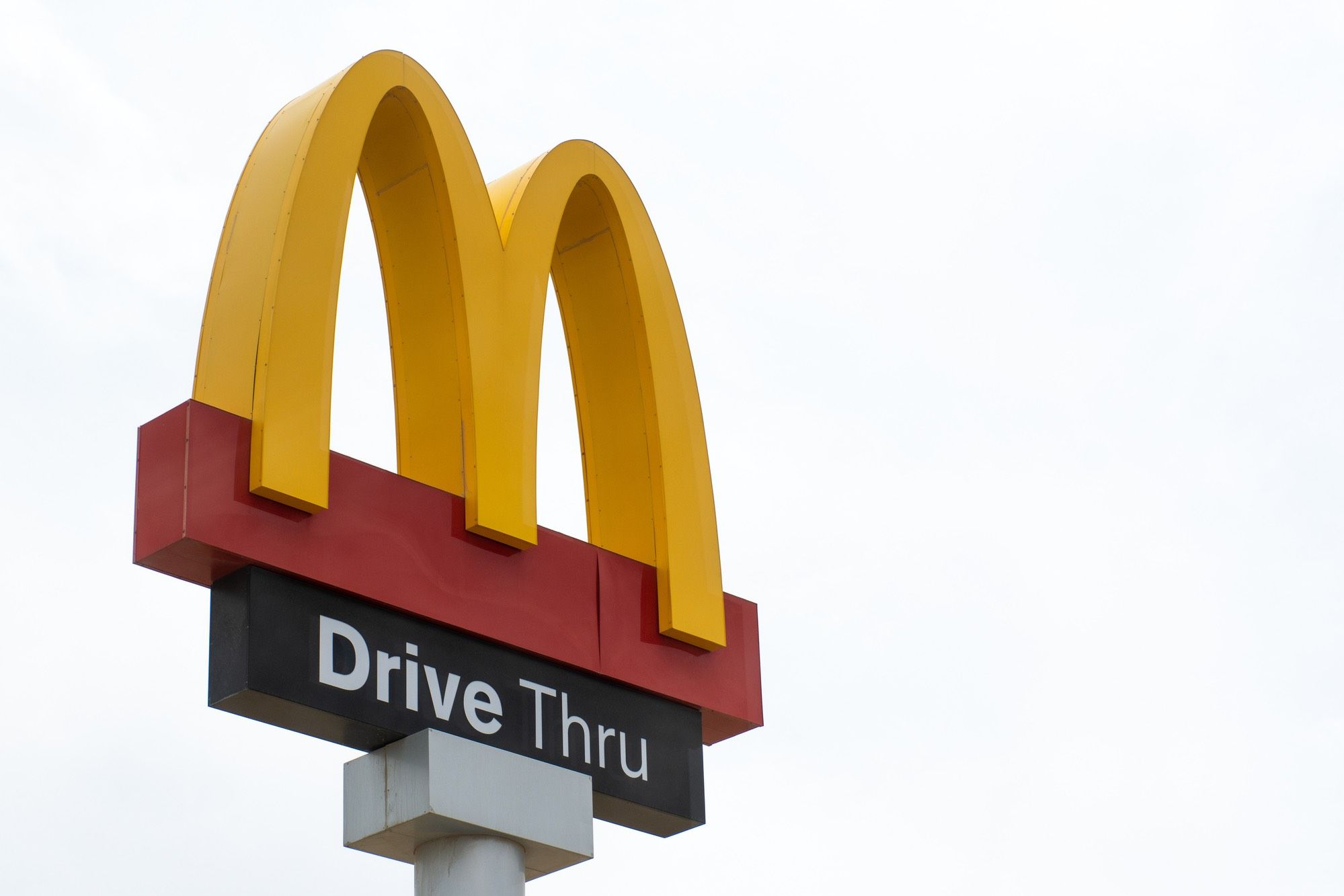Top Class Actions’s website and social media posts use affiliate links. If you make a purchase using such links, we may receive a commission, but it will not result in any additional charges to you. Please review our Affiliate Link Disclosure for more information.
An Illinois judge recently tossed claims that McDonald’s drive-thru late night hours violate the ADA, finding that the services are not protected.
U.S. District Judge Joan H. Lefkow determined that plaintiff Karen Morey’s rights under the Americans with Disabilities Act (ADA) were not violated by McDonald’s exclusive drive-thru hours. Based on this ruling, she granted McDonald’s motion for summary judgement.
Morey had previously claimed in her February 2018 McDonald’s drive-thru class action lawsuit that, as a visually impaired consumer, she was unable to access the fast food chain’s late night services because they were offered exclusively through the drive-thru.
The plaintiff was allegedly unable to access McDonald’s drive-thru services because she is unable to drive a car. Instead, she and other visually impaired customers reportedly “must hope for a companion with a car or paid taxi services to assist them in selecting and purchasing McDonald’s food.” Walking up to the drive-thru is allegedly prohibited by McDonald’s drive-thru policies, leaving driving a car as the only option.
As a result, since Morey was denied equal access, her rights under the ADA were reportedly violated. Morey argued that these violations were “particularly offensive” considering the large scale of McDonald’s business and the “advanced technological society in which we live today.”
Morey’s complaint detailed a February 2017 occurrence where she got off work at Walmart and walked to a nearby McDonalds with drive-thru services in the hope of buying food. Because she arrived past 11 p.m., the lobby was closed to guests – leaving the drive-thru as the only option. Morey says that she tried to walk through the drive-thru lane since she doesn’t drive a car but was refused service based on the fast food restaurant’s policies.
“Despite the fact that defendants’ self-proclaimed vision is ‘to become a modern, progressive burger company delivering a contemporary customer experience,’ the blind are totally unable to access any of defendants’ products or services at late-night, drive-thru restaurants,” Morey claimed in her McDonald’s drive-thru ADA class action lawsuit.
However, Judge Lefkow argues that Morey’s rights were in fact not violated because driving doesn’t count as a “major life activity.” The ADA provides a list of activities which it protects as “major,” such as providing basic everyday care for oneself, completing various manual tasks, and more. Sleeping, seeing, hearing, eating, and other basic activities are also protected.
In 2008, the definition of a “major life activity” was clarified by the ADA Amendments Act. As a result, these activities do not have to be “of central importance to most people’s daily lives,” with the qualifier “major” not being “interpreted strictly.”
Despite these clarifications, Judge Lefkow recently ruled that driving is not protected.
“Nevertheless, the ADAAA also amended the list of activities expressly identified as major life activities and elected not to include driving among them, despite the fact that multiple courts of appeals had already held that driving was not a major life activity,” the judge wrote in her summary judgement order.

However, since her claims instead center around her inability to use a drive-thru with night service, the court ruled that the use of a car isn’t protected in this situation.
Judge Lefkow also took issue with Morey’s allegations after determining that she hasn’t actually made claims about her inability to see – a major life activity under the ADA.
In fact, the plaintiff was allegedly able to drive during the reported incident that sparked the McDonald’s drive-thru ADA class action lawsuit.
“She has 20/50 vision with corrective lenses and concedes that she can read form documents and the McDonald’s menu in the drive-thru lane while sitting in a car,” the judge noted.
“Morey in fact admits that she drove a car until November 2018 — well after the February 2017 incident that triggered this lawsuit — when she stopped doing so because her car required repairs.”
Based on these conclusions, Judge Lefkow granted summary judgement in favor of McDonald’s.
Have you been denied access to a McDonald’s with drive-thru services or another public area based on a lack of disability accommodations? Tell us your story in the comments section below.
Morey is represented by Roberto Costales and William H. Beaumont of Beaumont Costales LLC.
The McDonald’s Drive-Thru ADA Class Action Lawsuit is Morey v. McDonald’s USA LLC, Case No. 1:18-cv-01137, in the U.S. District Court for the Northern District of Illinois.
ATTORNEY ADVERTISING
Top Class Actions is a Proud Member of the American Bar Association
LEGAL INFORMATION IS NOT LEGAL ADVICE
Top Class Actions Legal Statement
©2008 – 2024 Top Class Actions® LLC
Various Trademarks held by their respective owners
This website is not intended for viewing or usage by European Union citizens.
















4 thoughts onMcDonald’s ADA Drive-Thru Class Action Gets Tossed
add me in
Nothing like looking for a way to get rich. People, everything does not make a lawsuit!
I went to McDonald’s drive thru when the lobby was closed only to get told there drive thru was closed to when I saw cars behind us get served
But my incident wasn’t really anything like that I’m not driving and I went there for a smoothie went to the door and asked if someone could assist because I don’t drive they told me to go to the drive-thru all cars passing me because I don’t have a vehicle went back again waiting for half hour before someone could assist me at the door asking me to tip him to serve me I had my masks and everything else secured they didn’t even gave me no straw no change it was a very bad experience just really wanted a smoothie”